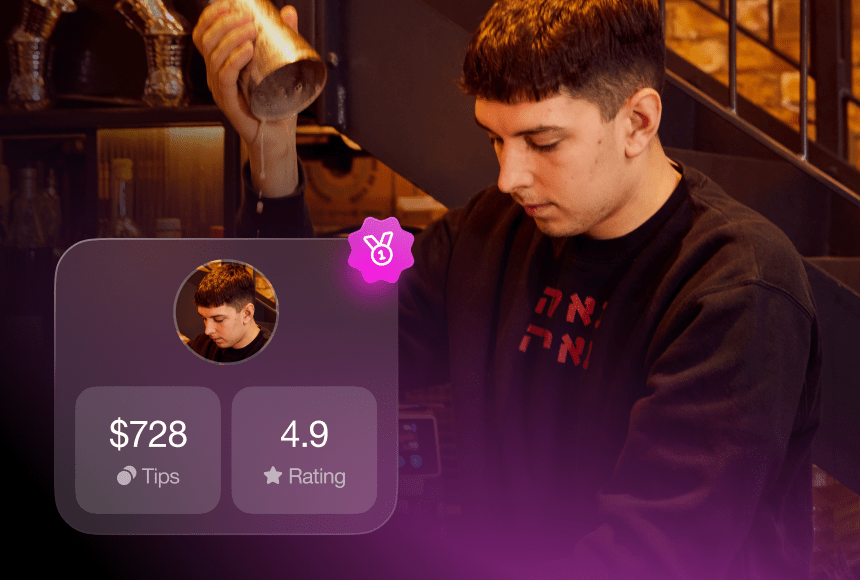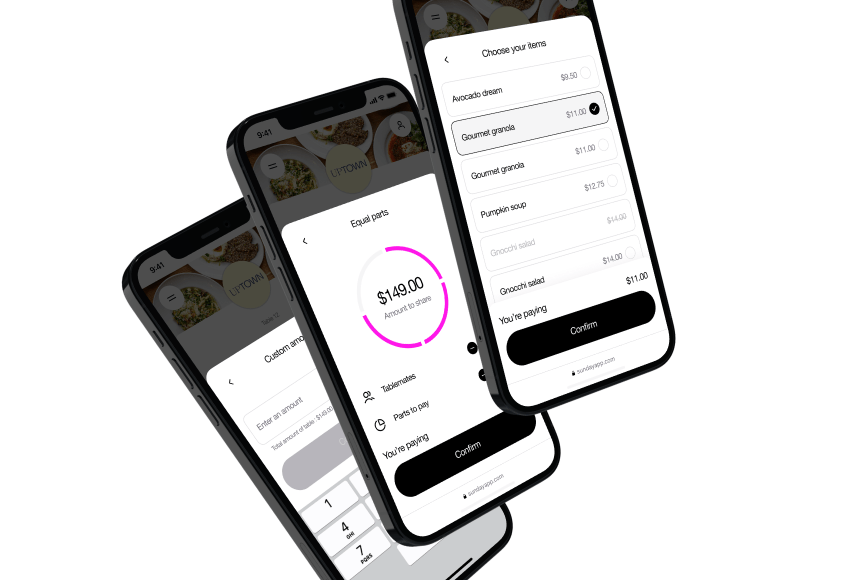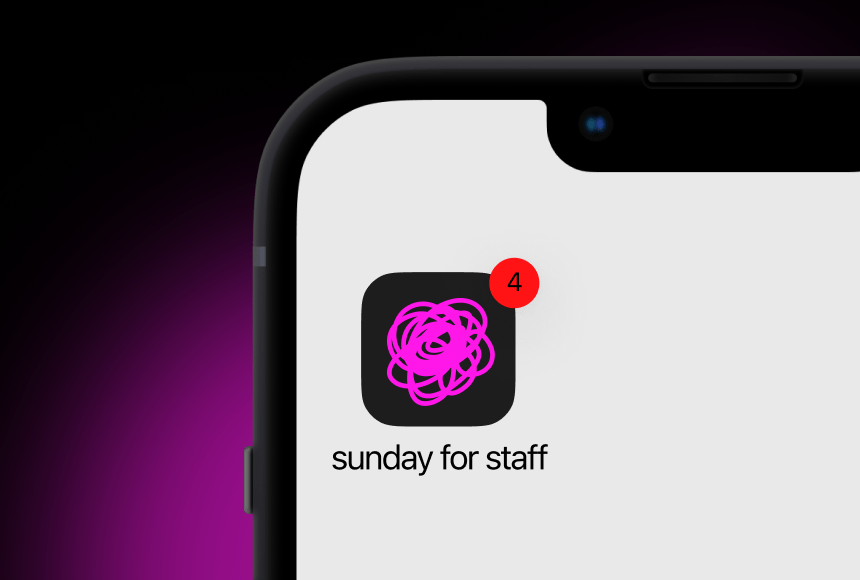
Nurturing a Loyal Team: Strategies for Keeping Your Restaurant Staff Happy
Why Retention Matters More Than Ever
Running a thriving restaurant isn’t just about an enticing menu or a convenient location. It’s about the people—the chefs who craft dishes with skill, the servers who create memorable guest experiences, the bartenders who shake up signature cocktails, and everyone working behind the scenes to keep the operation seamless. According to the National Restaurant Association, staffing shortages and high turnover rates remain two of the top challenges facing the hospitality sector.
While recruiting new talent is essential, retaining quality employees is equally—if not more—important. Every time an experienced server or line cook leaves, you lose not just their expertise but also time and money as you scramble to find, onboard, and train someone new. Beyond economics, frequent turnover can erode team morale, hamper service consistency, and create a culture where staff don’t feel secure investing their best efforts.
So, how do you move beyond the never-ending cycle of “Help Wanted” signs and frantic rehiring? The key is recognizing that engaged, content employees are the backbone of excellent hospitality. By cultivating a supportive, growth-oriented environment, you can keep your best people for the long haul—and watch as they, in turn, keep your guests coming back.
Shape a Distinctive, Employee-Centric Culture
Every restaurant has a brand image aimed at guests—whether it’s upscale dining, comfort food with a smile, or quick-and-casual convenience. But there’s another layer: your internal culture, which directly impacts how employees feel about coming to work.
A dynamic, positive culture typically includes:
- Clear Core Values: If you value sustainability, local partnerships, or culinary innovation, integrate those ideals into day-to-day decisions, not just marketing slogans. Staff should see these values in action—like reducing food waste in the kitchen or forging genuine farmer relationships.
- Respect for Each Role: From the dishwasher who keeps the kitchen afloat to the hostess who sets the first impression, every position should feel recognized. Small gestures—like staff shout-outs or compliments from management—can reinforce that everyone’s contribution matters.
- Open Communication: Invite suggestions. Maybe a bartender has an idea for a new signature cocktail or a dishwasher can suggest a more efficient cleaning method. When staff see you acting on their input, they become more invested in the restaurant’s success.
Ultimately, a culture that values transparency, teamwork, and genuine care fosters a sense of belonging. And belonging is a powerful reason people stay put, even when other opportunities arise.
Offer Competitive Wages and Benefits
No matter how lovely the work environment, everyone needs to pay their bills. While higher wages and robust benefits alone won’t guarantee loyalty, they significantly reduce turnover risk. Evaluate your compensation packages by comparing them to similar restaurants in your area. If you fall behind the local average, strong staff will be tempted to jump ship for a small raise elsewhere.
Beyond wages, consider meaningful perks that resonate with your team:
- Healthcare Contributions: Even partial coverage can be a strong incentive for employees juggling multiple jobs or personal responsibilities.
- Staff Meals or Discounts: Providing free (or discounted) meals during shifts, or a family meal tradition before service, fosters camaraderie and lowers employees’ personal food expenses.
- Paid Time Off (PTO): Reliable PTO policies, holiday pay, or sick leave show you respect staff well-being. This kind of security helps reduce burnout.
When people feel financially stable and know their employer has their back, they’re more inclined to remain loyal, especially in an industry known for tight margins and high pressure.
Emphasize Training and Career Growth
In many industries, people climb the ranks by taking on new responsibilities or learning new skills. The same should apply in hospitality. If employees sense they’re stuck in the same role with no possibility for advancement, they might look elsewhere.
Structured Development Paths: Outline possible moves, like starting as a host but potentially shifting to server, bartender, or even assistant manager. Employees who see a roadmap feel more hopeful about their future.
Cross-Training Opportunities: Let staff try new tasks—like a barback learning basic bartending or a line cook shadowing a sous chef. Not everyone will love each position, but this approach fosters versatility, self-confidence, and broader team understanding.
Mentorship and Skill-Building: Senior staff could mentor newcomers, boosting morale on both sides. Additionally, consider hosting short workshops—like a 30-minute session on wine pairings or advanced plating techniques. Even if it’s informal, staff appreciate the chance to learn and excel.
When employees see your restaurant as a place to grow rather than just earn a paycheck, they become more engaged, investing their own energy in seeing the place succeed.
Recognize Achievements and Celebrate Milestones
Acknowledging hard work is a simple yet powerful retention tool. In a high-stress environment like a busy kitchen or packed dining room, staff can feel invisible if management never notices their contributions. Try to:
- Highlight Daily Wins: A fast, heartfelt “Thanks for handling that rush, you did great!” can energize a team exhausted from a dinner surge.
- Monthly “Employee of the Month” or Peer Recognition: This can be as formal or casual as you like—maybe a certificate, a small bonus, or just a photo on a bulletin board. The important thing is consistency.
- Anniversary Acknowledgments: Mark each employee’s work anniversary with a card, a short speech at pre-shift, or a little gift. It reaffirms that their long-term dedication doesn’t go unnoticed.
These gestures don’t need to be costly. The key is sincerity and consistency. Staff who feel their efforts matter are far less likely to bolt for another restaurant that doesn’t acknowledge them.
Foster a Supportive Work-Life Balance
Restaurant hours can be brutal, often requiring nights, weekends, and holidays. Burnout is real. To retain talent, show you respect employees’ personal time:
Fair Scheduling: While it may be hard to give everyone the exact shift they want, try to accommodate repeated requests (like Sunday morning off for family commitments). Rotating weekends or guaranteeing at least one guaranteed off day can mean a lot.
Avoid Clopenings: If possible, don’t schedule someone to close late at night and reopen early the next morning. Such back-to-back shifts are physically draining and can lead to mistakes or absenteeism.
Encourage Reasonable Breaks: Ensuring servers and cooks actually take their breaks, even if just 10 minutes to breathe, can reduce stress. Overworked staff are more prone to errors, accidents, and leaving for less demanding jobs.
By showing that management cares about staff well-being beyond the shift’s end, you build trust. Employees see your restaurant not just as a job but a place that values their overall life balance.
Open Channels for Feedback and Conflict Resolution
Tensions can flare in a busy kitchen or hectic dining room, so how disputes or complaints are handled can shape an employee’s long-term commitment. Provide clear ways for staff to voice concerns—whether about scheduling conflicts, coworker friction, or issues with equipment.
Regular Check-Ins: A quick chat after the lunch rush or a planned monthly sit-down can uncover brewing problems before they escalate. Ask questions like, “How’s your workload?” or “Any challenges with the new menu items?”
Anonymous Options: Some employees, especially if they’re new or shy, might hesitate to speak up in person. An anonymous survey or comment box (digital or physical) can highlight issues without fear of backlash.
Prompt Resolution: Once a problem is identified, address it quickly. If you need time to investigate, communicate that, so staff know you’re taking it seriously. Letting concerns linger undermines trust and can increase turnover.
A workplace that welcomes constructive dialogue fosters loyalty. Employees who feel heard are more inclined to weather tough shifts or seasonal slumps because they trust management to address issues fairly.
Encourage Teamwork and Positive Peer Relationships
Many hospitality veterans say what keeps them in a restaurant is the team dynamic. People can handle tough shifts if they feel supported by coworkers who cooperate rather than compete. Management can nurture this spirit by:
Promoting Mutual Respect: Senior staff shouldn’t belittle junior members; line cooks shouldn’t blame servers for every issue, and so on. Enforce a zero-tolerance policy for bullying or harassment. Everyone’s job is tough in its own way.
Team-Building Activities: Something as simple as post-service drinks or occasional group potlucks can knit the staff together. If budget and scheduling allow, consider off-site outings or mini-competitions (like a friendly chili cook-off).
Collaborative Problem-Solving: When challenges arise, like an unexpected influx of diners or a short-staffed evening, encourage staff to figure out solutions collectively. Let a host help with plating or a manager bus tables if needed. This “all hands on deck” ethos fosters camaraderie that cements loyalty.
Recognize the Value of Proper Tools and Technology
When your restaurant invests in reliable hardware—like smart terminals for tableside payments or modern ordering systems—staff can do their jobs more efficiently. Outdated, buggy equipment leads to frustration.
Ease of Use: Systems like sunday streamline the payment flow, so employees don’t waste time on complicated POS steps or re-entering orders. The less friction, the happier your servers and cashiers become.
Accuracy: Reducing order errors or reconciling tips automatically means fewer end-of-shift headaches.
Credibility with Staff: When employees see management investing in tools that help them—instead of just cutting costs at every corner—they feel valued. This sense of investment fosters deeper loyalty.
Lead by Example with Respectful Management
If managers shout, blame, or micromanage, no staff retention strategy can compensate. A respectful, empathetic management style is often the single biggest factor that keeps employees from leaving.
Set the Tone in Stressful Moments: During peak rushes or sudden issues (like a fryer breaking down), employees look to leadership. If managers remain calm, solution-focused, and communicate instructions clearly, staff learn to handle crises with grace.
Acknowledge Mistakes on All Levels: If a manager messes up an order or scheduling, owning up to it sets a culture where staff see that accountability is shared, not just demanded of subordinates.
Be Approachable: If employees sense management is unapproachable or too busy to care, they’ll bury issues or frustrations until they explode—or they simply quit. Even a brief daily “How’s your shift going?” can encourage them to speak up earlier.
Secure Long-Term Success with Consistent Retention Efforts
Retaining employees in the restaurant industry is an ongoing practice. Even if you manage to stabilize your current team, personal life changes or new career paths will eventually prompt some departures. The real goal is minimizing that churn and ensuring every staff member, new or seasoned, feels a genuine desire to stay.
What does that look like in the long run? It’s a cycle of attracting the right talent (people who resonate with your culture), nurturing them through fair pay, career development, and supportive leadership, then watching them repay that investment with loyalty and high performance. This cycle—when consistently maintained—fosters a restaurant environment where guests enjoy top-notch service, employees find a sense of purpose and stability, and management reduces the costly drain of constant re-hiring.
Cultivating the Team Behind Great Hospitality
Ultimately, the best strategies to retain restaurant employees center on caring about them as people, not just as line items on a schedule. Create a clear, supportive culture, offer fair compensation and growth avenues, and maintain respectful communication—these are the building blocks of trust and loyalty.
When your staff feels genuinely valued, they’re more likely to pass that warmth and attention onto your guests, creating an infectious cycle of positivity. And that cycle—happy team members leading to happy diners—lies at the heart of every truly successful dining establishment. By committing to staff retention as a priority, you lay the foundation for excellence that resonates on every plate and in every interaction.
Find out more today
Drop us your details below and we’ll reach out within the next 24h
Get the full, detailed picture.
sunday elevates your business with insightful data, instant feedback and precise analytics.




